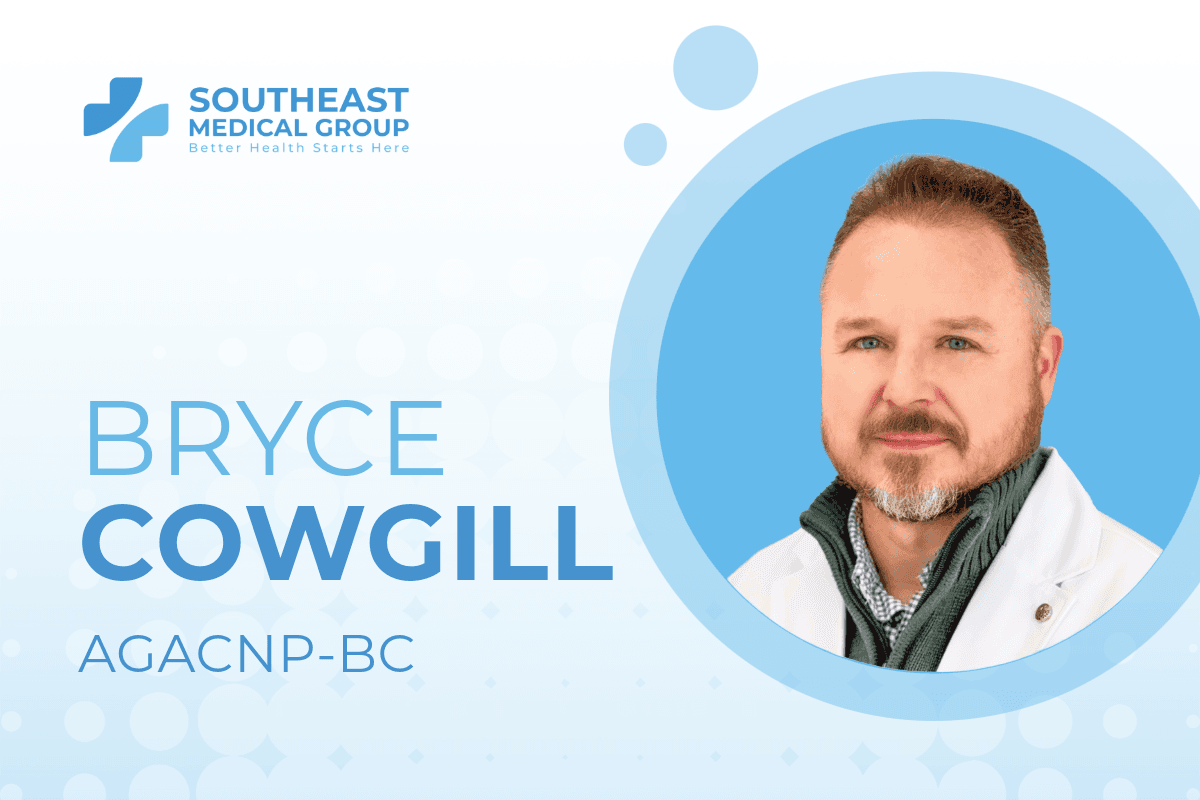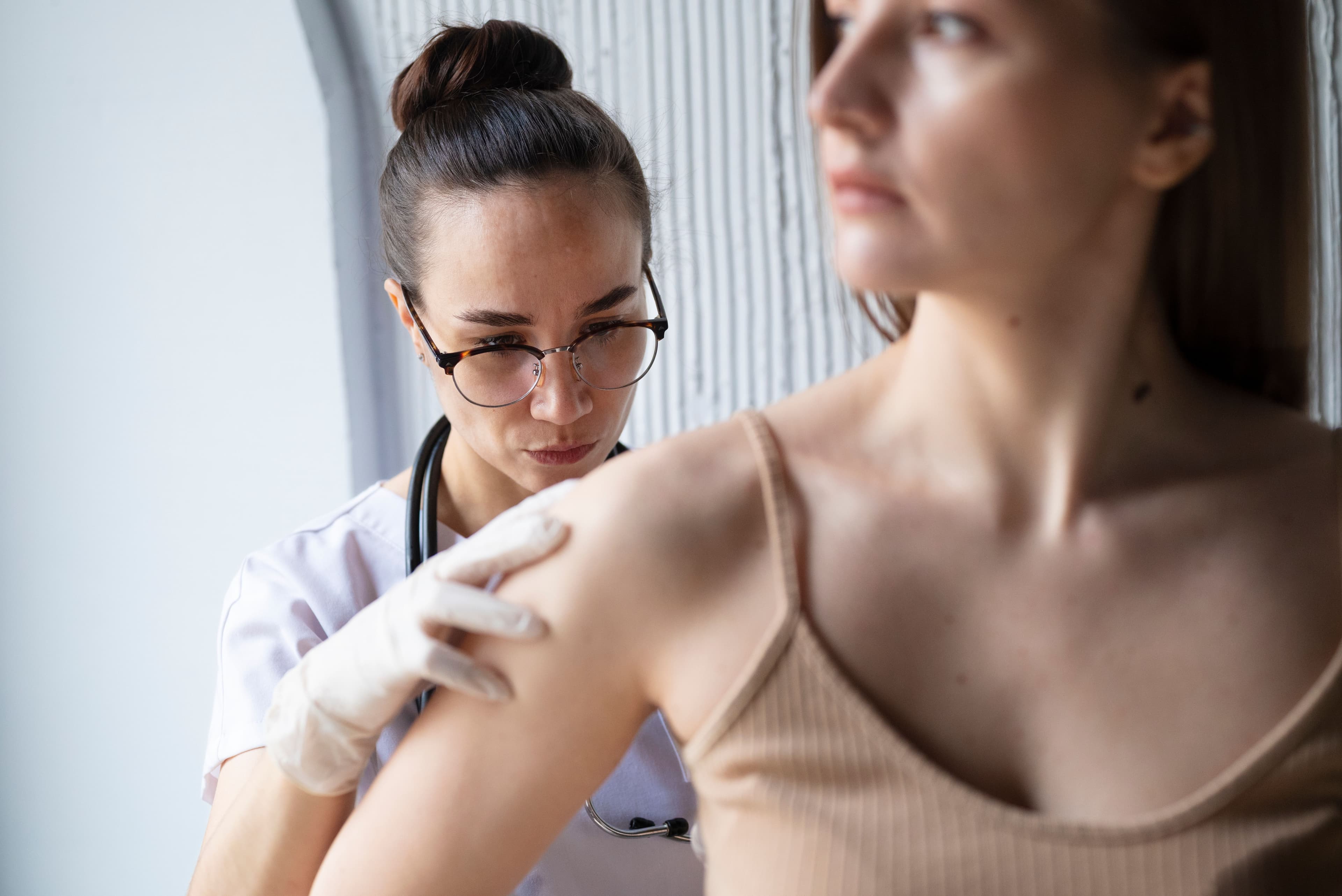A Lifelong Shield: The Importance of Vaccinations Throughout Your Life

A Lifelong Shield: The Importance of Vaccinations Throughout Your Life
Vaccinations are one of the most effective tools we have to prevent infectious diseases. They work by safely exposing your body to a weakened or inactive form of a virus or bacteria. This allows your immune system to develop antibodies that can fight off the real infection if you encounter it in the future.
The benefits of vaccinations extend far beyond childhood. While many childhood vaccinations provide lifelong protection, some immunities wane over time, and new threats emerge throughout our lives. Here's why vaccinations remain crucial throughout your lifespan:

Protecting Yourself from Serious Diseases:
Vaccinations offer a powerful defense against a range of potentially life-threatening illnesses. Here are some examples:
- Childhood diseases: Vaccines protect against diseases like measles, mumps, rubella, polio, diphtheria, tetanus, and chickenpox. These diseases, once common, can cause serious complications, including hospitalization, lifelong disabilities, and even death.
- Adult illnesses: Vaccines can also shield you from illnesses like influenza (the flu), shingles, pneumonia, tetanus, and human papillomavirus (HPV), which can cause cervical cancer and other cancers.
- Travel-related illnesses: Depending on your travel destination, vaccinations might be recommended to protect you from diseases like typhoid fever, hepatitis A and B, Japanese encephalitis, and rabies.
Boosting Herd Immunity:
Vaccinations not only protect you but also contribute to a concept called "herd immunity." When a large percentage of the population is vaccinated against a particular disease, it becomes less likely for the disease to spread. This indirect protection is especially important for those who cannot be vaccinated due to weakened immune systems or medical conditions.

Maintaining Protection Throughout Your Life:
The immunity provided by some childhood vaccinations weakens over time. Booster shots are crucial to maintain protection against certain diseases. Here are some examples of recommended vaccinations for adults:
- Tetanus, diphtheria, and pertussis (Tdap): A booster shot is recommended every 10 years.
- Influenza (flu): Vaccination is recommended annually for everyone over 6 months of age.
- Shingles: A single dose of the shingles vaccine is recommended for adults 50 years and older.
- Pneumococcal pneumonia: Vaccination is recommended for adults 65 and older, as well as younger adults with certain health conditions.
- HPV: Vaccination is recommended for both males and females between the ages of 9 and 26 to prevent HPV-related cancers.
Staying Current on Recommendations:
The recommended vaccination schedule can change based on age, health risks, and travel plans. It's essential to consult your doctor or healthcare provider to determine which vaccinations are right for you and to stay up-to-date on the latest recommendations.
Addressing Concerns and Myths:
There are many misconceptions surrounding vaccinations. However, extensive research has consistently demonstrated the safety and effectiveness of vaccines. Here are some common concerns addressed:
- Safety: Vaccines are rigorously tested before being licensed, and their safety record is well-established.
- Side effects: Most side effects from vaccinations are mild and short-lived, such as soreness at the injection site or low-grade fever.
- Autism link: The myth linking vaccines to autism has been thoroughly debunked by the scientific community.
Vaccination is an investment in your health and the health of your community. By getting vaccinated and staying up-to-date on recommended immunizations, you're safeguarding yourself, your loved ones, and the population as a whole.


